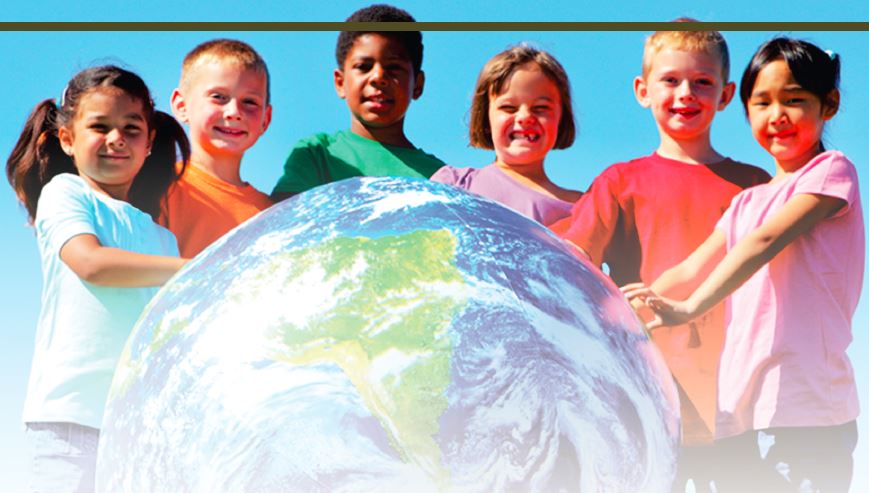
A European diplomat who was very involved in a beach cleaning initiative was asked by a journalist as to why did he do it especially as he was to go back to his country very soon. The very question of the journalist points to a mindset based on three notions – One, when we do anything considered selfless, it is because we owe it to someone or something. Or two, maybe because we want to be charitable and do good. It does not seem to point to any benefit that the individual themselves might receive in the process of doing good (other than a sense of satisfaction of contributing). Nor does it presume that just as we have human rights, we also have human duties. And third, if human duties exist, it is within certain boundaries that you are affiliated with, in this case, the diplomat’s country.
Citizenship and Individual Social Responsibility (ISR)
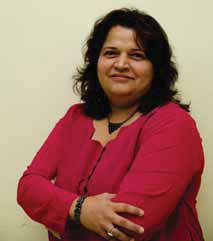
As Corporate Social Responsibility(CSR) takes centre stage, so has Individual Social Responsibility (ISR). ISR is seen as a journey towards being better humans. However, ISR is not about being philanthropic or practicing the art of giving, instead ISR goes beyond charity to the science of living. In other words, it is not a one way transaction or dependent on the individual giver’s mood and priorities, but how we live with and within our surroundings – community and environment – and its impact on our physical, emotional and mental wellbeing. It is for this reason I prefer to use the term Citizenship. Just as CSR has been equated with good Corporate Citizenship, we need to relook at ISR as World Citizens.
Citizenship Movements
Citizenship has slowly but surely become the cornerstone of socio-eco political development especially for policy reform. Across the world, we have seen activism that has changed the course of history in a country or region. In India, judicial landmarks like the Nirabhaya Case that resulted in the Supreme Court judgement in 2013 for the Prevention of Sexual Harassment (POSH) of working women at all work places. The POSH Act finally gave shape and teeth to the Vishaka Guidelines that were set out in 1997. The Vishaka Guidelines itself was a movement to stop child marriage. Recent social movements like #MeToo, by women who have called out predatory behaviour by men, have had far reaching consequences, particularly in the political and entertainment spaces. Other landmark judgements include the Supreme Court judgement on Section 377 of the Indian Penal Code that struck down a law that denied the LGBTQ community of their rights, 158 years after it was first introduced by the British. Yet another is the Supreme Court ruling in 2018 that all pilgrims, irrespective of gender, including women in the menstruating age group, should be allowed entrance to the Sabarimala temple.
Internationally too, we have seen the Arab Spring protests that spread across the Middle East in 2010–11 with uprisings and even armed rebellions to highlight poor conditions in their countries with respective to standard of living as well governance and oppressive regimes. The USA sawits very own Occupy Wall Street movement in 2011 driven by the inequalities in its society both social and economic. Their slogan, “We are the 99%” highlighted the income disparity between the wealthiest one percent and the rest of the population.
Europe has seen many citizen movements, the most recent being the yellow vests movement or yellow jackets movement in France. It started as an online signature campaign that was soon followed by mass demonstrations on the ground against high cost of living and the burden of taxes.
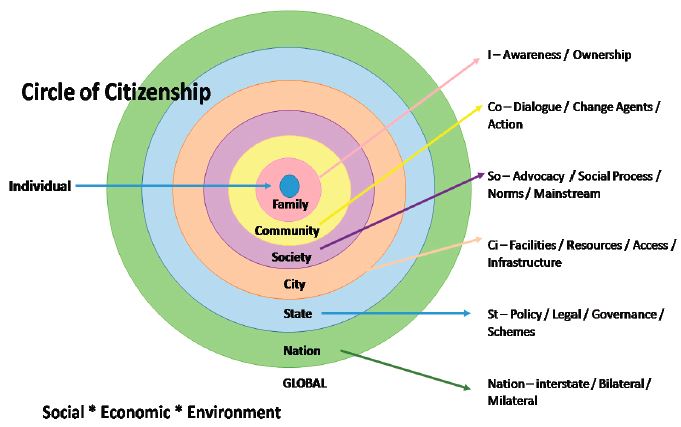 In the more distant past, the universal suffrage movement, and in particular, the women’s suffrage movement, challenged the right to vote being the prerogative of only the wealthy or landowners. Apartheid was yet another socio-political practise that legalised racial segregation and discrimination. Sustained pressure from both domestic and global communities and institutions finally led to a change in government and the abolition of apartheid.
In the more distant past, the universal suffrage movement, and in particular, the women’s suffrage movement, challenged the right to vote being the prerogative of only the wealthy or landowners. Apartheid was yet another socio-political practise that legalised racial segregation and discrimination. Sustained pressure from both domestic and global communities and institutions finally led to a change in government and the abolition of apartheid.
In the environment space, the Chipko Movement saw people embracing trees to prevent them from being cutdown, the Narmada Bachao Andholan that protested lack of proper rehabilitation and resettlement for the people who have been displaced by the construction of the dam and the Save Silent Valley Movement that sought to protect and preserve the environment and the ecosystems of the valley.
All the above are examples of how citizens changed the status quo and shaped new norms- both physically and socially. However, a common thread is that of confrontation and upheaval. There is a critical need to redefine the roles of all stakeholders in an ecosystem as well as a more collaborative process to bring about change.
A Changing concept of Citizenship –Past, Present and Future
Citizenship as a concept was first introduced by the Greeks when they made laws to govern their way of life. This first form of citizenship was for small groups and therefore being close-knit, it did not differentiate between public and private lives.
“What is the kind of citizenship we truly need for our future, a sustainable future? The notion of citizenship has to change. It is probably a combination of the past and present, wherein obligations in small groups are easier to maintain while laws are drafted that govern large populations”
People realised that to survive, they had to stay in groups and to keep the group together, they had to ensure that they contributed their bit to everyday life. Their obligations as citizens of the group were as critical as their rights. To quote Aristotle: “To take no part in the running of the community’s affairs is to be either a beast or a god!”
This form of citizenship got diluted through the ages as groups became bigger and bigger and the concept of nationality took over. Even though they are used interchangeably, they are not.
Citizenship in modern times has become a more passive and political concept. It focuses on the relationship with the nation and the authorities. It is a form of identity that provides you representation and rights vis-à-vis the State. The obligation or duties is at best to be law-abiding citizens. Therefore, we are more concerned about the rules and laws that govern us, and our responsibilities begins and ends with compliance – paying taxes, driving on the right side of the road, voting, and in general, keeping the peace by not doing anything harmful to others; inshort, keeping our public and private lives separate.
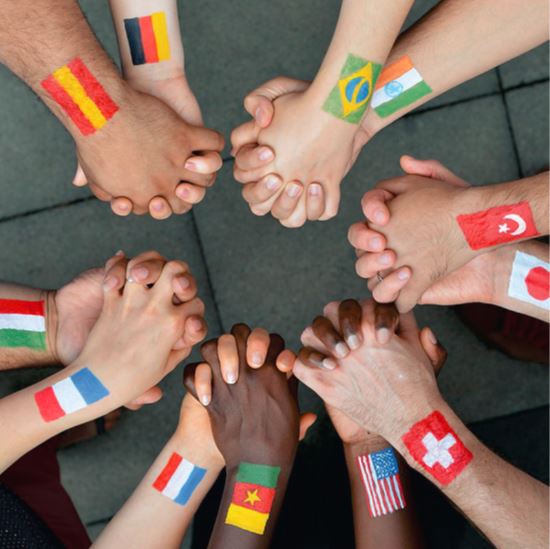 Not to say that we do not have enough of concerned citizens going beyond their comfort zones. A case in point was the strong Area Local Management groups that sprung up across the city to take care of certain specific geographies. While they may have had limited success due to the many hurdles and obstacles, they did do yeoman service in highlighting the need for the public to be involved in administrative issues of their areas as well as to engage with the government machinery for better outcomes. This was pretty representative of most citizenship initiatives. It was more of us against them and so the outcomes though positive did not have society altering impact. There is a reemergence of these groups, and hopefully, there will be more change on the ground. Another great example is that of the Beach Warriors who have been cleaning up the different beaches in Mumbai quite successfully.
Not to say that we do not have enough of concerned citizens going beyond their comfort zones. A case in point was the strong Area Local Management groups that sprung up across the city to take care of certain specific geographies. While they may have had limited success due to the many hurdles and obstacles, they did do yeoman service in highlighting the need for the public to be involved in administrative issues of their areas as well as to engage with the government machinery for better outcomes. This was pretty representative of most citizenship initiatives. It was more of us against them and so the outcomes though positive did not have society altering impact. There is a reemergence of these groups, and hopefully, there will be more change on the ground. Another great example is that of the Beach Warriors who have been cleaning up the different beaches in Mumbai quite successfully.
What is the kind of citizenship we truly need for our future, a sustainable future? The notion of citizenship has to change. It is probably a combination of the past and present, wherein obligations in small groups are easier to maintain while laws are drafted that govern large populations.
The small groups are not difficult to identify in our everyday lives. We all live within our own circles of influence, starting with ourselves and our family and easily straddling the many communities we belong to on the basis of our residence, caste, creed and religion.
“So how can we make citizenship work in homes, schools, colleges and organisations? It is by examining and practising the tenets of freedom, but bound by rights and duties. It is also approaching issues with the intent to solve problems rather than to find someone to blame”
But what of our citizenship that is governed by laws at different levels – City, State and Country? I like to think that these boundaries of our citizenship are simply about jurisdiction. Makes it easier to manage and administer. They should not be divisive, and in fact, should be seen as models of governance.
We owe the Greeks a lot! We need to start thinking again like them. People understood the connection between the survival of the individual and obligations to collective. This propelled individuals to stay incommunities and pursue joint undertakings. Alliances may start dueto compulsions, but if successful, can lead to real partnerships. Better still, if we actively seek to collaborate, we would see a multiplier effect and that would be the true test of the value of citizenship. And the true test of a concept is in its application. So, we need to move from concept to action!
Citizenship in our Daily Lives
By definition, citizenship talks about belonging to a group. By virtue of being a part of the collective, you not only are entitled to equal rights but also equal duties. Again, it is the underlying theory that everyone in a group influences the other and what the group does, affects the individual. This understanding is what drives citizenship. Of course this does not make it easier to get people to participate but it definitely does provide a better framework as to why they need to work together.
So how can we make citizenship work in homes, schools, colleges and organisations? It is by examining and practising the tenets of freedom, but bound by rights and duties. It is also approaching issues with the intent to solve problems rather than to find someone to blame. Every day concerns such as water, waste, traffic, women and child safety, inclusive spaces for senior citizens or the disabled, health and more can be tackled if relevant groups come together and draw up solutions based on knowledge and understanding of the problem and the people affected by them. Such solutions are not only more effective, but also more efficient if the focus is on leveraging strengths and core competencies as a group.
Circles of Influence and Value Drivers
Every individual has a circle of influence, from the small unit of a family right up to that of a global citizen. We become citizens at each level by the usual ways – by birth and by marriage. However, moving between levels is a conscious choice driven by multiple factors and again is similar to the way a change in citizenship happens – by association (when joining a group) or by investment (financial or in kind).
The choice of level for interaction and involvement is the prerogative of every individual and there should not be a judgement call on this. After all, we are all different and unique in our own way. We also have our own priorities and interest.
As a citizen, an individual may be very conscious of the world around them. Yet, there is a need for this awareness to be internalised and converted into effort. Motivation that comes from within awareness after has been created is typical driven by our beliefs and value-system.
The group can be as small or as big as required. It may look clinical if not funny to talk about citizenship vis-à-vis our families, a personal space. Yet group dynamics apply as much anywhere. Understanding why is maybe more important than how. As the world gets more and more interconnected, our social connections seem to get more disconnected. The rise and rise of 30-somethings suffering from heart attacks, and worse, our children committing suicide is reason enough for all of us to look carefully at the relations we share at home. Peer pressure, or the rat-race of meeting expectations, there is a critical need to create stronger bonds that can withstand the stress of daily living. One way is to do more together. The other is to learn more about the world around us.
Citizenship: Value-based Education Programmes
There are many organisations that work on citizenship, and of course, a plethora of programmes on citizenships available online. This works best when we combine it with action on the ground. The World Bank organises a programme on Citizen Engagement: A Game Changer for Development that encourages citizens to be directly involved in policy making and government service delivery. The United Nations was also associated with the Global Citizen Movement that is creating a community of individuals who want to work on the problems that plague the world.
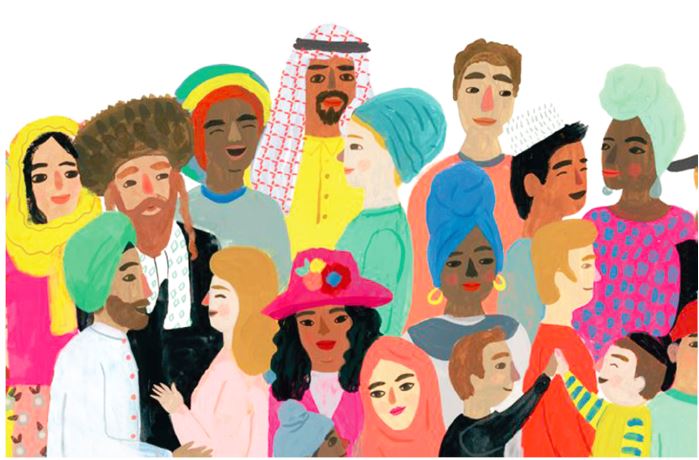 Our citizenship programme for schools and colleges changes the premise of education to make them leaders of tomorrow. Instead, we seek to make them citizens of today. A workshop-style, classroom-based value education programme culminates in a collaborative project that has to be implemented. This ensures that it is not mere theory buton-the-ground action. It is truly heartening to see the process of evolution from wanting to do good to becoming responsible.
Our citizenship programme for schools and colleges changes the premise of education to make them leaders of tomorrow. Instead, we seek to make them citizens of today. A workshop-style, classroom-based value education programme culminates in a collaborative project that has to be implemented. This ensures that it is not mere theory buton-the-ground action. It is truly heartening to see the process of evolution from wanting to do good to becoming responsible.
The past few years has seen a significant rise in volunteering activities in Corporate India, in part, fuelled by the change in the Company’s Act on Corporate Social Responsibility (CSR). The moniker Employee Engagement has been used to indicate the benefits of volunteering, where employees bond with one another and the organisation through these activities. Our work on citizenship in organisations is really about taking it to the next level of combining Colleague Engagement and Community Engagement so that we come together, to not just be together, but to contribute to the larger ecosystem that one functions in!
Common Purpose – Collective Impact
With the realisation of a shared world, we appreciate more how our individual actions can affect our communities and the environment we exist in. The key aspect of citizenship is the collective effect. This helps us to make decisions that go beyond being good to someone, to doing right by everyone. Not an easy task, given that we are constantly told to look out for ourselves. That is when you can practice the concepts of citizenship –past, present and future to see and navigate the bigger picture, and realise its impact on our world. Or as simply explained by the Diplomat: “We are citizens of whichever community we are a part of, and we are affected by the consequences of what happens in any part of the world, now or in the future.” Well said!
Karon Shaiva is the Founder of Idobro, Managing Trustee of the RISE Infinity Foundation and Convenor of the RISE Summit that seeks to break barriers and build bridges on women, social and green issues through Citizenship, Entrepreneurship and Partnerships.
She can be reached at karon.shaiva@idobro.com

